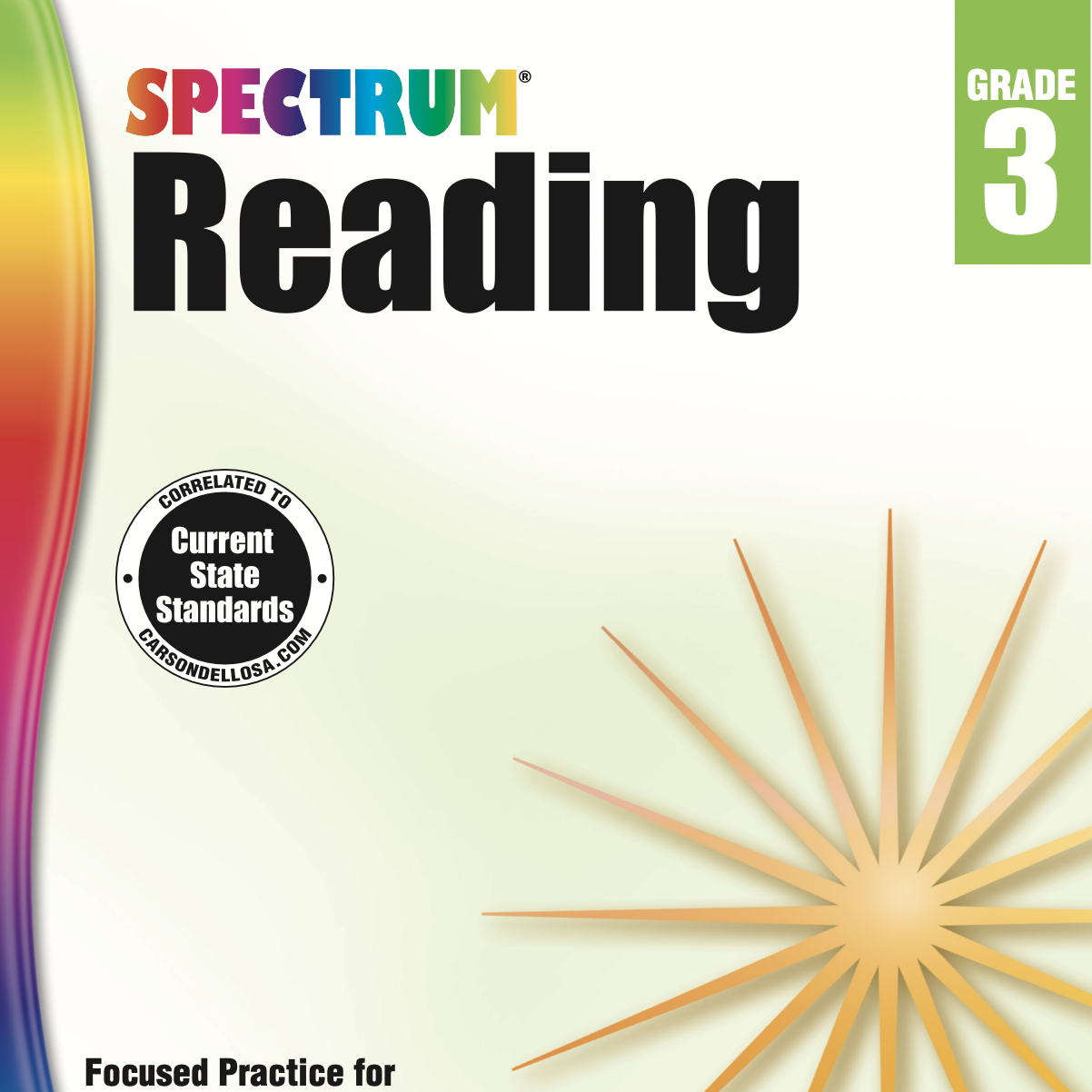
Thunder and Lightning
The story of thunder and lightning is a lesson on electricity. Lightning is really just a giant electrical spark. Thunder is a direct result of the activity of that spark.
Lightning First
Imagine a single water droplet high above Earth. It is in a cloud among millions of other water droplets. As this water droplet falls toward Earth, it gets bigger by collecting more moisture. When the droplet gets to just about the size of a pea, it splits. This splitting action causes an electrical charge to build up on the two new droplets.
If the droplets fall straight to Earth, the electrical charge is very small and will have no effect. If the droplets
get swept upward by air currents, however, the whole process begins again. The droplets fall, grow, split, and become more strongly charged with electricity each time.
In time, the electrical charge in the droplets becomes so strong that it has to discharge itself. The result is a huge spark. It may leap from a cloud to
the ground in less than one-tenth of a second. We know it as lightning.
Thunder Second
When lightning flashes, the air is suddenly heated, and then it quickly cools. These rapid changes in the air cause the cracking sound of thunder. During a storm, we see lightning first, and then wait to hear the thunder. That’s because light travels faster than sound. We see the lightning as it happens, but the sound of the thunder may take any number of seconds to reach us, depending on how far away the lightning was. The rumbling sound of thunder is actually an echo from the sound waves bouncing off Earth or off the clouds.
'📖Reading Homework > Lucy' 카테고리의 다른 글
| [Spectrum R3] 8. Planting Dreams - Lucy (0) | 2023.04.07 |
|---|---|
| [Spectrum R3] 7. Smokey the Bear - Lucy (0) | 2023.03.21 |
| [Spectrum R3] 5. Night Lights - Lucy (0) | 2023.03.14 |
| [Spectrum R3] 4. One Tent...What Next? - Lucy (0) | 2023.03.05 |
| [Spectrum R3] 3. How to Pitch a Tent - Lucy (0) | 2023.03.05 |



